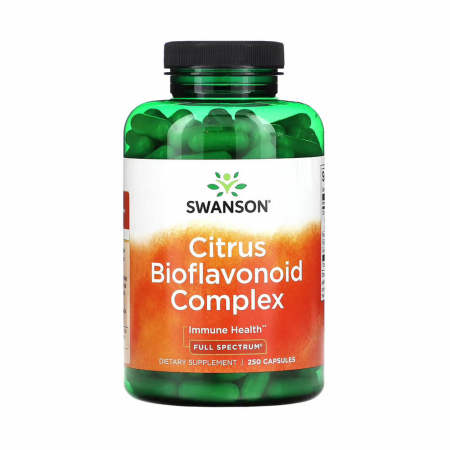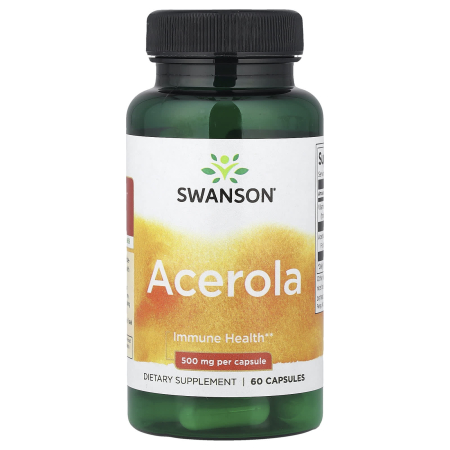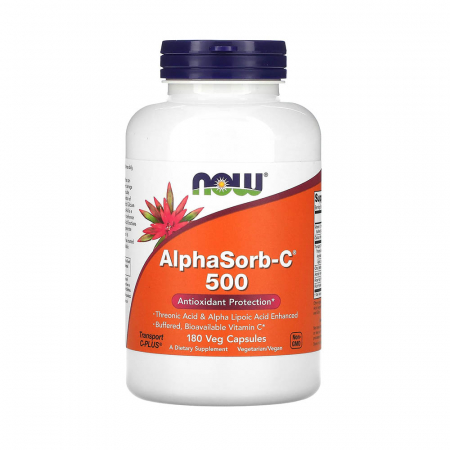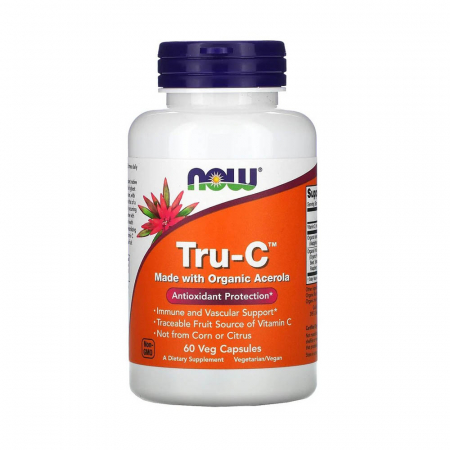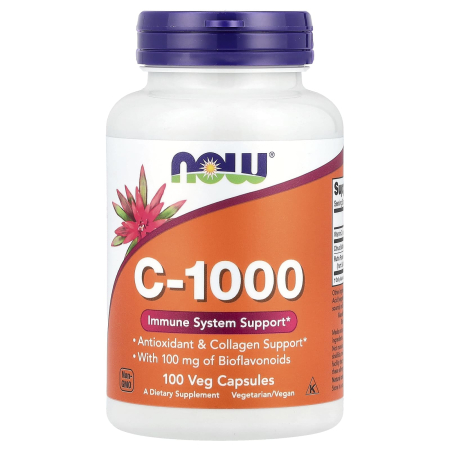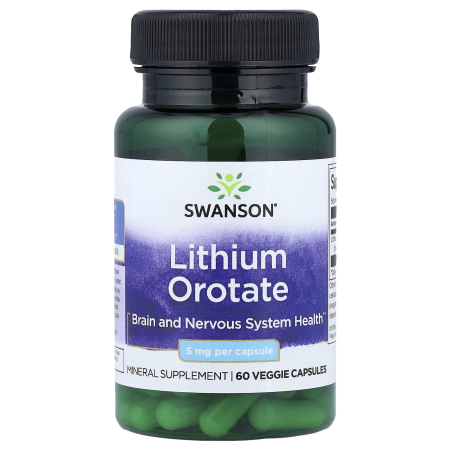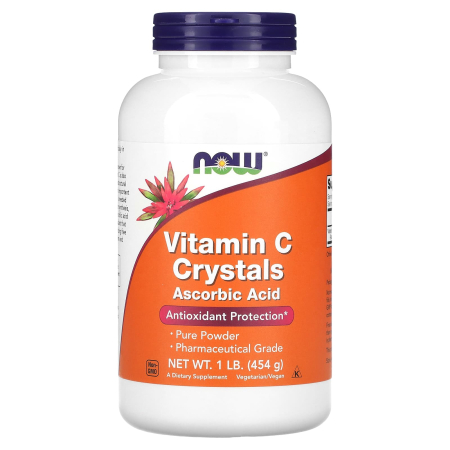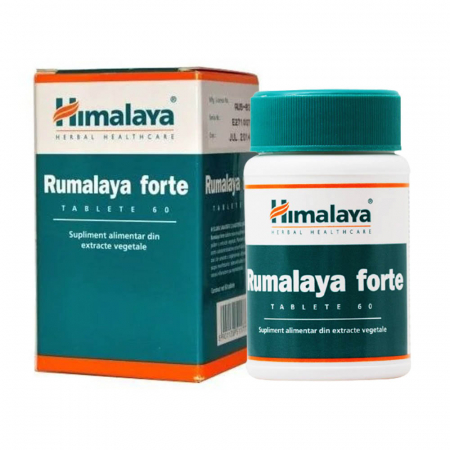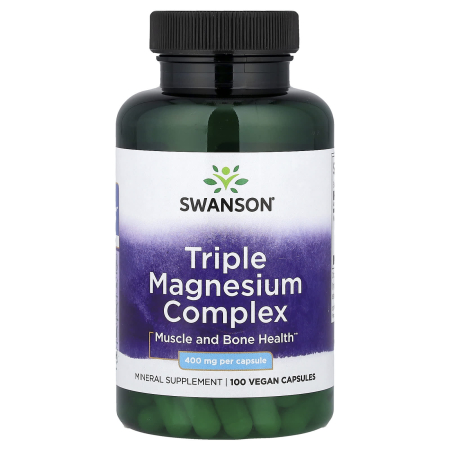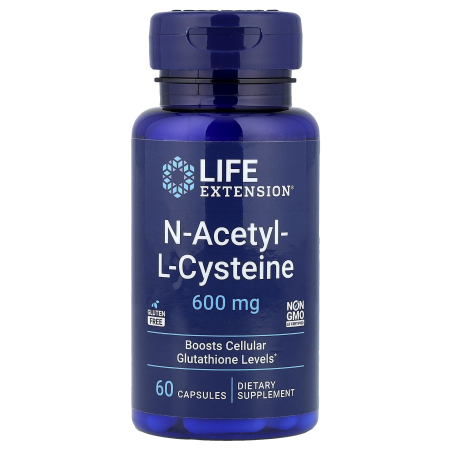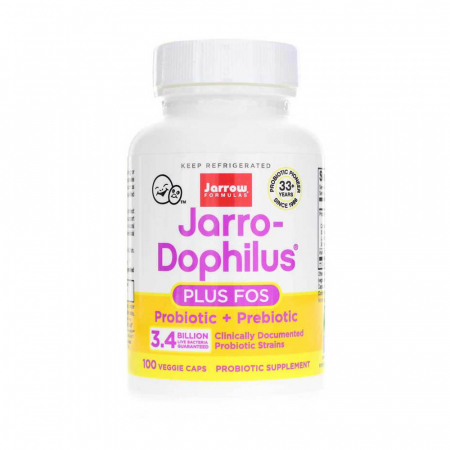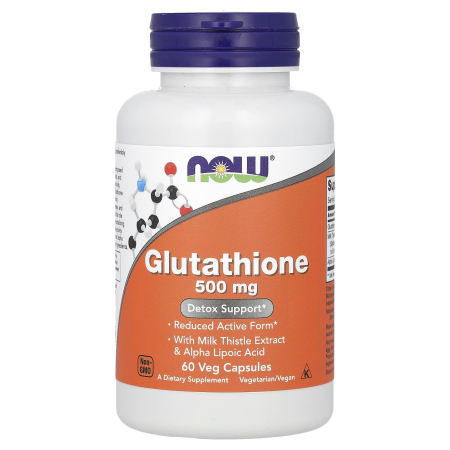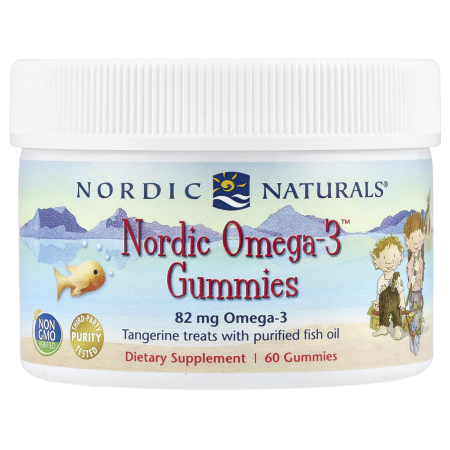- Home /
- Supplements from A to Z /
- Acerola
Acerola
Acerola
- Acai
- Acerola
- Acetyl L-Carnitine
- Caprylic Acid
- Folic Acid
- CLA (Conjugated Linoleic Acid)
- Agaricus Mushroom
- Alfalfa
- Alpha GPC
- Andrographis
- Artichoke
- Astragalus
- Bacopa Monnieri
- Bamboo
- Berberine
- Bergamot
- Beta-Glucans
- Beta-Sitosterol
- Betaine
- Biotin
- Black Cohosh
- Borage Oil
- Holy Basil (Tulsi)
- Butcher's Broom
- Calcium D-Glucarate
- Activated Charcoal
- Carnosine
- Shark Cartilage
- Cascara Sagrada
- Cayenne
- Chaga Mushroom
- Cumin
- Chlorella
- Citicoline
- Chlorophyll
- Black Currant
- Turkey Tail Mushroom
- Lion's Mane Mushroom
- Coleus Forskohlii
- Choline
- Colostrum
- Cordyceps
- Chromium
- D-Mannose
- Damiana
- 7-Keto DHEA
- DIM
- DMG
- Dong Quai
- Brewer's Yeast
- Red Yeast Rice
- Echinacea
- Bilberry Extract
- Fennel
- Phenylalanine
- Feverfew
- Passion Flower
- Phosphatidylserine
- Fructo-Oligosaccharides
- Olive Leaf
- Garcinia
- Devil's Claw
- Cat's Claw
- Ginger
- Ginkgo Biloba
- American Ginseng
- Eleuthero
- Glucomannan (Konjac)
- Goldenseal
- Gotu Kola
- Grapeseed
- Graviola
- Guarana
- Gymnema Sylvestre
- Hops
- Hesperidin
- Horny Goat (Epimedium)
- Indole-3-Carbinol
- Inositol
- Inulin
- Isoflavones
- Kudzu
- Lactoferrin
- Royal Jelly
- Licorice
- Lemon Balm
- Lithium
- Maca
- Rose Hips
- Maitake Mushroom
- Mint
- Peppermint
- Cranberry
- Molybdenum
- Moringa
- Muira Puama
- Chamomile
- Niacin And Niacinamide (Vitamin B3)
- Noni
- Ornithine
- Hawthorn
- Panax Ginseng
- Dandelion
- Papaya (Enzymes)
- Bitter Melon
- Black Pepper (Bioperine)
- Pyridoxine (Vitamin B6)
- Potassium
- Pregnenolone
- Proline
- Propolis
- Pygeum
- Pyrroloquinoline Quinone (PQQ)
- Reishi Mushroom
- Rhodiola
- Riboflavin (Vitamin B2)
- Ribose
- Lemon Balm
- Rosemary
- Rutin (Vitamin P)
- SAMe
- Sarsaparilla
- Fenugreek
- Pine Bark (Pycnogenol)
- Cinnamon
- Serrapeptase
- Shiitake Mushroom
- Silica
- Elderberry
- Saffron
- Spirulina
- Plant Sterols
- Strontium
- Sulforaphane (broccoli)
- St. John's Wort
- Theanine
- Thiamine (Vitamin B1)
- Tocotrienols
- Tribulus
- Red Clover
- Coconut Oil
- Slippery Elm
- Garlic
- Uva Ursi
- Vinpocetine
- Vitamin B12
- Wormwood (Artemisia)
- Yucca
Status stoc
Certifications and Diet
Manufacturers
Price
Rating
Cele mai populare
Newest
Display: 1-4 from 4 products
FiltersAcerola - medicinal properties and uses
Acerola comes from Central America and Brazil and is one of the fruits with the highest concentration of vitamin C.
Also known as Barbados vine, tropical vine or Puerto Rican cherry, it belongs to subtropical shrubs of the Malpighiaceae family, namely Malpighia punicifolia (species recently renamed M. emarginata by the authorities) and Malpighia glabra.
The fruits of both species are bright red round drupes, 1.25-2.50 mm in diameter and a juicy pulp with a sweet and sour taste.
A fruit extremely rich in Vitamin C
The concentration of vitamin C in these fruits depends both on the season, the climate and the geographical area, as well as on the degree of ripening of the fruits, decreasing considerably as the fruits ripen.
Thus, 100 g of ripe Acerola fruits can contain up to 17,000 mg of vitamin C, compared to only 50 mg of vitamin C contained in 100 g of oranges.
Considering that the human body does not produce vitamin C, Puerto Rican cherries provide the necessary natural vitamin C.
It is recommended to eat these fruits especially during the winter, during pregnancy or during tiring or stressful periods, when the intake of vitamin C that the body needs increases.
Acerola fruits are an important source of Vitamin A
Besides vitamin C, Acerola fruits are also a source of vitamin A (4,300-12,500 IU/100 g) which can compete in certain conditions with carrots (11,000 IU/100 g).
As small as it is nutritious
Compared to oranges, these tropical cherries have double the amounts of magnesium, pantothenic acid (vitamin B5) and potassium, and they contain vitamins B1, B2 and B3 in amounts comparable to those found in other fruits.
The small fruits also contain calcium, iron and phosphorus.
What medicinal uses do Acerola fruits have?
The traditional medicinal uses of Acerola fruits are very varied, being generally used in cases of diarrhea, dysentery, hepatitis, liver diseases or for their astringent effect.
Brazilian traditional medicine also recommends them for anemia, diabetes, fever, heart problems, high cholesterol, inflammation, rheumatism, water retention, tuberculosis or wounds, and in Venezuela they are also traditionally indicated for the treatment of intestinal inflammations or breast diseases.
Due to the fact that it is mainly used in food, acerola has not been the subject of much clinical research, but there are studies that support its use as an antifungal, to lower blood cholesterol levels, as an antioxidant or as a remineralizer.
Acerola - beneficial properties of these small fruits
Acerola fruits:
they contain vitamin C, minerals (phosphorus, calcium), vitamins A, B1, B2, B3 and antioxidants;
they have toning, anti-infective, remineralizing and antioxidant properties;
they have antiage (anti-aging) action and prevention of cerebral vascular accidents and neurodegenerative diseases;
strengthen the body against diseases;
it is recommended during periods of overwork, convalescence, pregnancy, lactation;
stimulates collagen production and skin detoxification;
reduce the symptoms of rheumatism, diabetes, anemia and tuberculosis;
it is recommended as an adjuvant in diseases of the nervous system, such as Parkinson's disease.
PRODUCT CATEGORIES
CATEGORIES OF DISEASES
Latest Reviews Added:
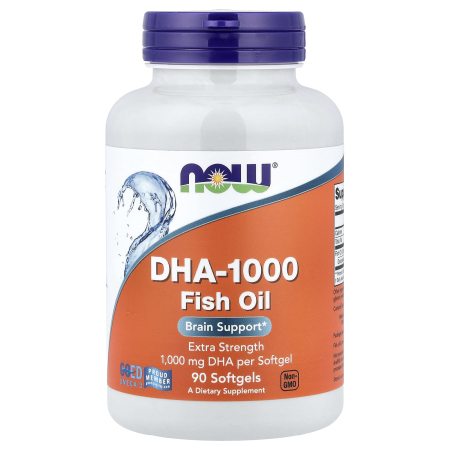
Denisa Dinu,
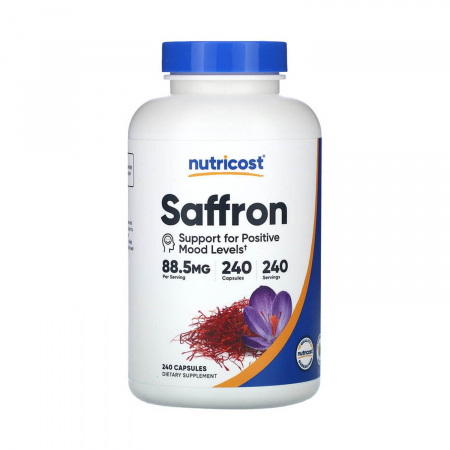
Valeria Lungu,
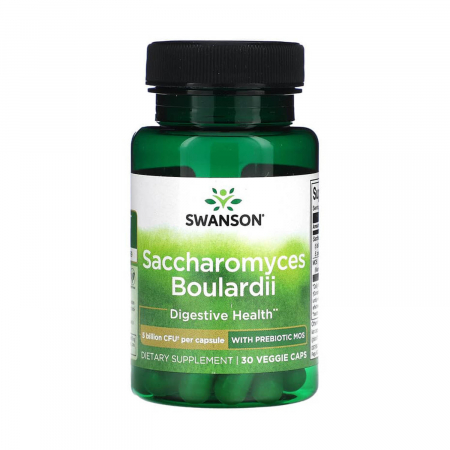
Saccharomyces Boulardii with Prebiotic MOS, 5 Billion CFU, Swanson, 30 capsules SWA012
Elena,
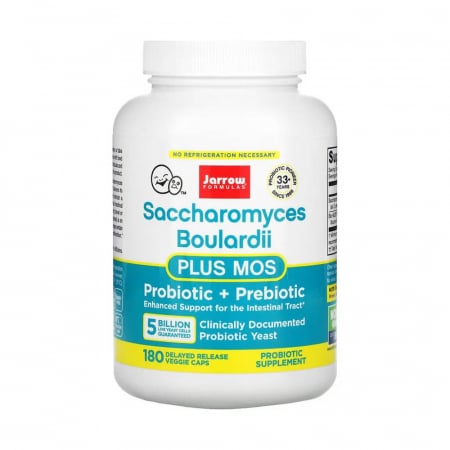
Carolina Floroiu,

Rodica Iancu,
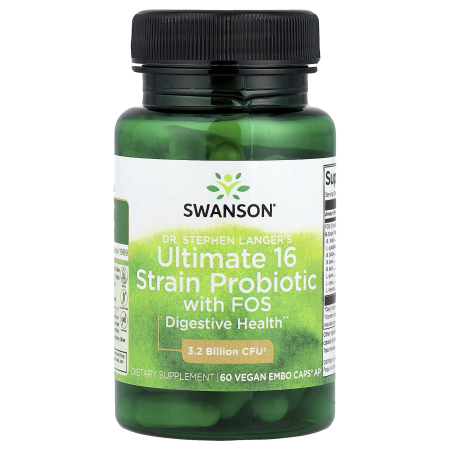
Ultimate 16 Strain Probiotic With FOS, 3.2 Billion CFU, Swanson, 60 capsules SWA051
Nita Patricia,
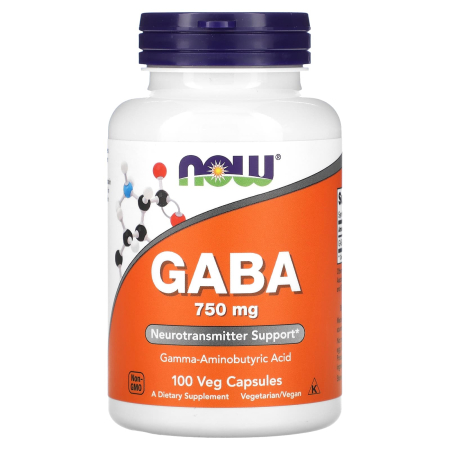
Rodica luminita Pascut,

Mihaela Ciobotaru,

Oana Stamat,
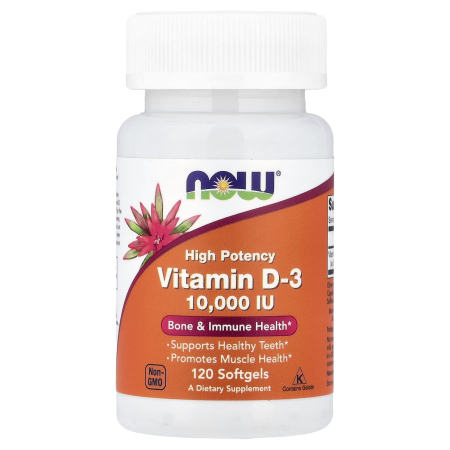
Mirela Ianc,
Latest viewed products
Newsletter Don't miss our offers and promotions

